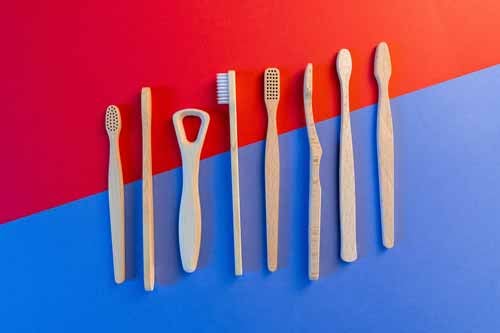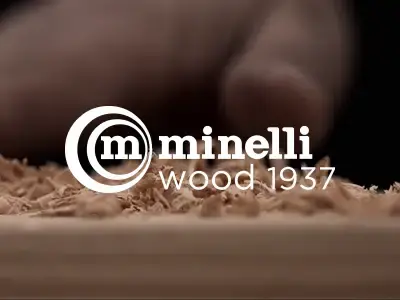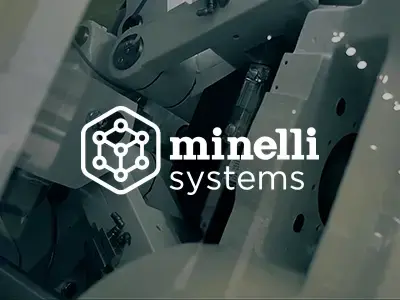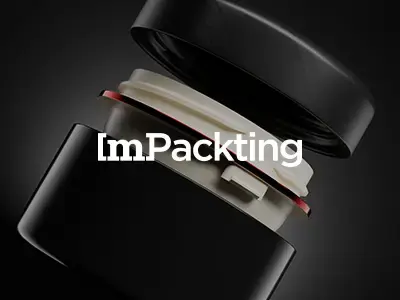 In recent years, the push towards sustainable and eco-friendly products has gained significant momentum, particularly in the personal care industry. One of the products leading this charge is the organic toothbrush, with wood emerging as a pivotal material in its evolution.
In recent years, the push towards sustainable and eco-friendly products has gained significant momentum, particularly in the personal care industry. One of the products leading this charge is the organic toothbrush, with wood emerging as a pivotal material in its evolution.
Understanding the role of wood in revolutionizing toothbrush design and functionality is essential for staying competitive and meeting consumer demands for greener products.
Discover more in the following article!
Choosing an organic toothbrush: the environmental imperative
The environmental impact of plastic toothbrushes is staggering. Traditional plastic toothbrushes contribute significantly to global plastic waste, with millions ending up in landfills and oceans annually.
These plastics can take hundreds of years to decompose, causing long-term environmental harm. In contrast, an organic toothbrush, typically made from sustainably sourced fast-growing wood types, offer a biodegradable and compostable alternative.
This shift from plastic to wood aligns with global efforts to reduce plastic pollution and carbon footprints, making it an attractive proposition for eco-conscious businesses and consumers alike.
The benefits of wooden toothbrushes
Sustainability and biodegradability
Wooden toothbrushes are often made from bamboo because it is considered highly sustainable due to its rapid growth and low water usage. However, this perception is not always accurate. Bamboo production can lead to environmental issues such as long-distance transport impacts, pesticide use in monocultures, and formaldehyde emissions from adhesives used in finished products. Therefore, it is crucial to assess the entire life cycle of bamboo to determine its true sustainability.
For more details, you can read the full article here.
Aesthetic appeal
Wooden toothbrushes offer a natural and aesthetically pleasing alternative to plastic. The unique grain patterns and natural finish of wood add a touch of elegance and eco-friendly charm to bathroom essentials, appealing to modern consumers who value both style and sustainability.
Health benefits
Organic toothbrushes are often treated with natural oils that have antibacterial properties, which help reduce the risk of bacteria buildup on the handle, promoting better oral hygiene. Additionally, wood itself possesses inherent antibacterial qualities, further enhancing its effectiveness in maintaining cleanliness and hygiene in toothbrushes.
Durability
High-quality wooden toothbrushes are durable and can withstand the rigors of daily use. The natural strength of wood ensures that these toothbrushes maintain their integrity over time, providing a reliable alternative to their plastic counterparts.

Innovations in wooden toothbrush design
The development of wooden toothbrushes has seen significant innovations, enhancing their functionality and user experience. It is crucial to consider these advancements to capitalize on the growing demand for eco-friendly oral care products.
- Ergonomic designs: the most competent manufacturers are focusing on ergonomic designs to ensure that wooden toothbrushes are comfortable to use. Smooth, contoured handles that fit comfortably in the hand are becoming standard, improving the user experience and encouraging regular use.
- Replaceable heads: to extend the lifespan of wooden toothbrushes and further reduce waste, some designs now feature replaceable heads. This innovation allows consumers to retain the wooden handle and only replace the brush head, minimizing overall material consumption and waste.
- Customization and branding: businesses can leverage the natural appeal of wood for branding purposes. Laser engraving allows for customizable designs, logos, and messages on the toothbrush handle, providing an excellent opportunity for companies to promote their brand while emphasizing their commitment to sustainability.
.jpg?width=500&height=333&name=9-_DSC5614%20(1).jpg)
Overcoming challenges in promoting wooden toothbrushes
While the benefits of an organic toothbrush are clear, businesses face several challenges to ensure widespread adoption and market success. One challenge is cost; wooden toothbrushes can be more expensive to produce than plastic ones. However, wood is cost-effective because it doesn't require expensive molds and can be worked more easily compared to plastic. Moreover, advances in manufacturing technology and economies of scale are gradually reducing costs.
Educating consumers about the benefits of wooden toothbrushes is crucial. Businesses should invest in marketing campaigns that highlight the environmental and health advantages of switching to wooden toothbrushes. Clear, informative packaging and online content can help bridge the knowledge gap.
Supply chain management is also vital. Sourcing sustainable wood and ensuring ethical production practices are essential. Businesses must establish transparent supply chains and work with suppliers who adhere to sustainable forestry practices. Certifications such as FSC and PEFC can help ensure that the wood used is sourced responsibly.
Since 1937, Minelli S.p.A has ensured perfection in the quality and design of each product manufactured, and its experienced specialists serve customers in the best way possible, following rigorous processes and environmental sustainability.
The company respects all the rules as well as the parameters and standards dictated by the market in terms of safety, hygiene and sustainability.
If you are looking a wooden organic toothbrush to offer in your catalogue, don’t hesitate to contact us! Our experts will be glad to evaluate your plan and help shape your idea.








